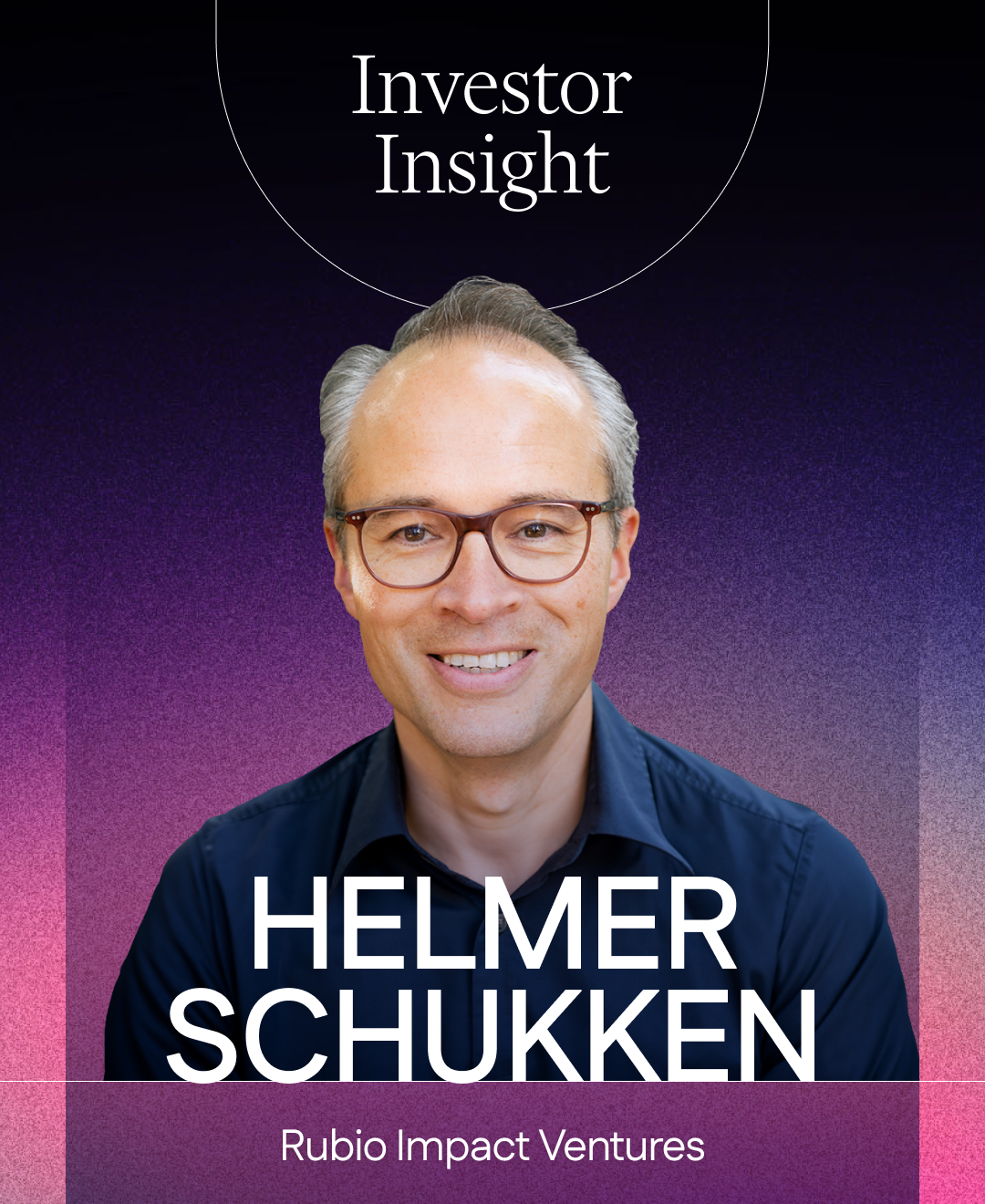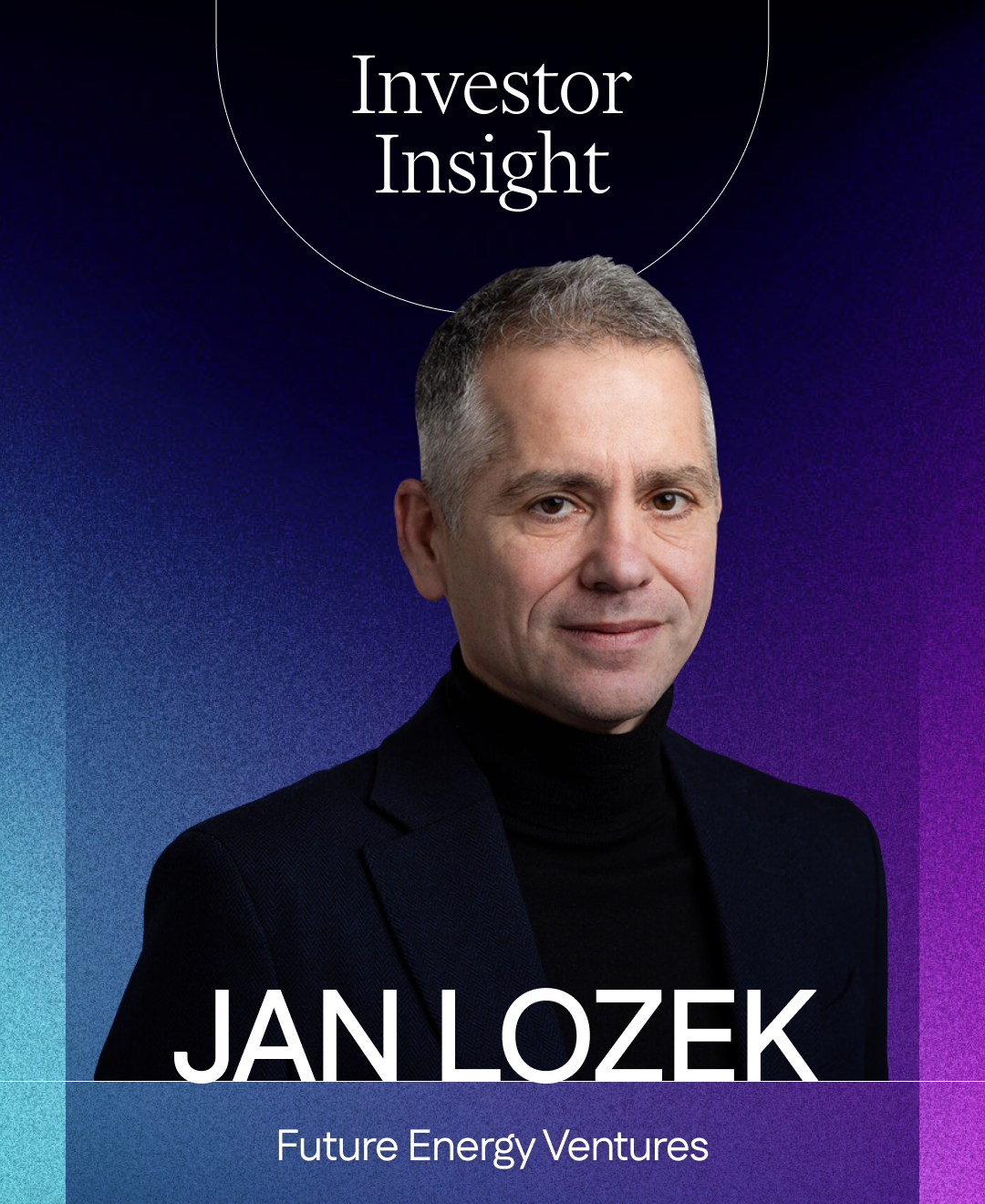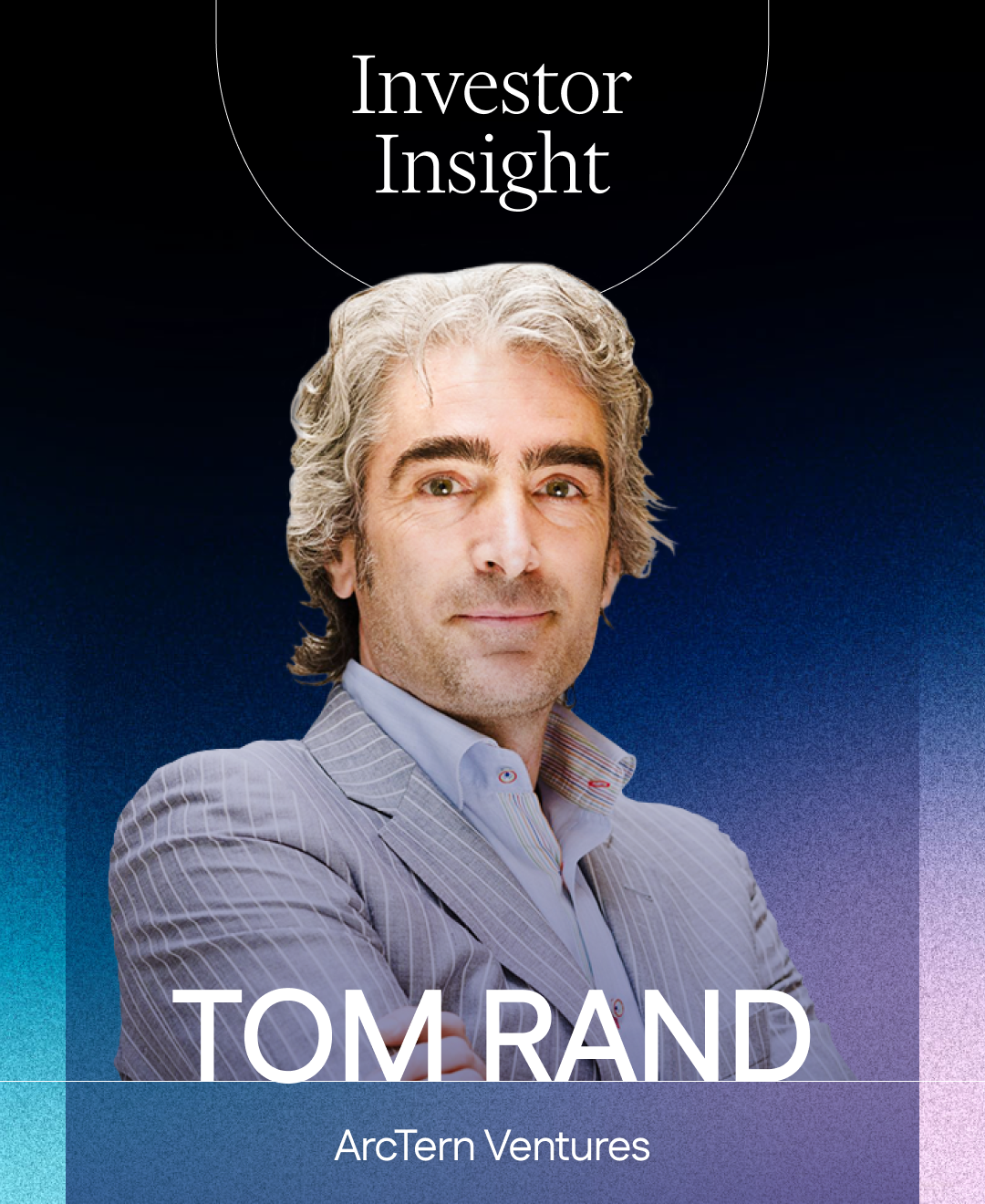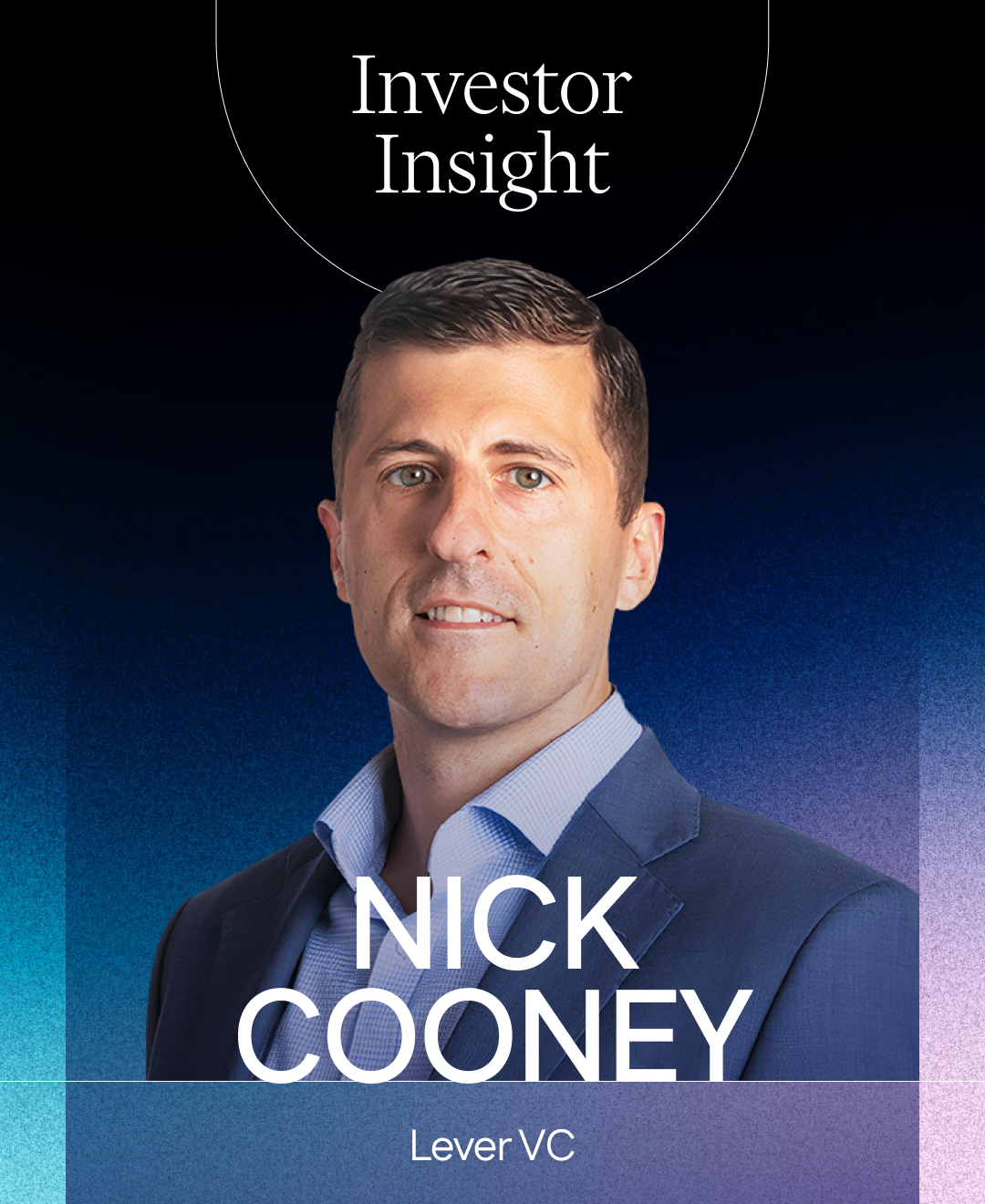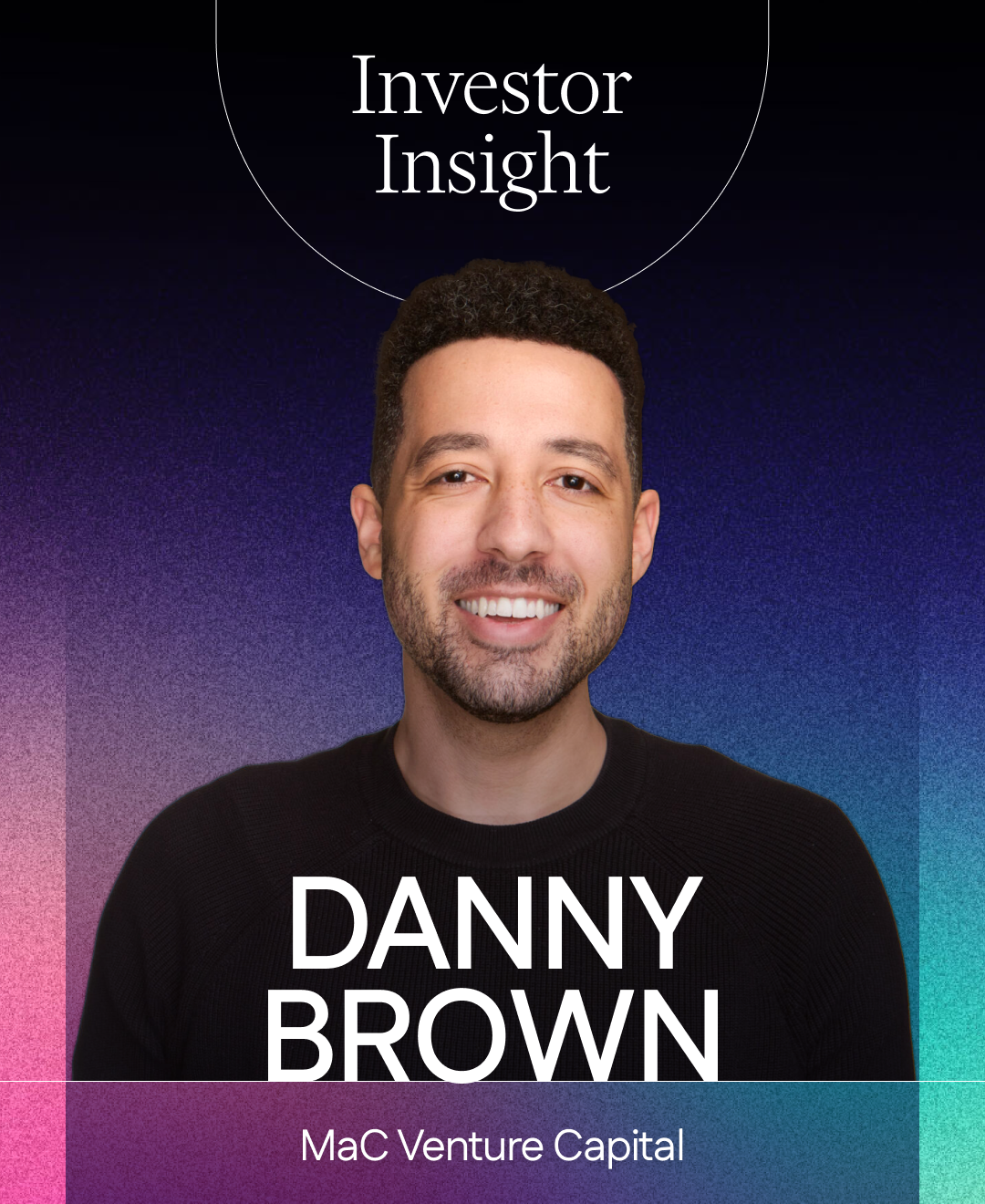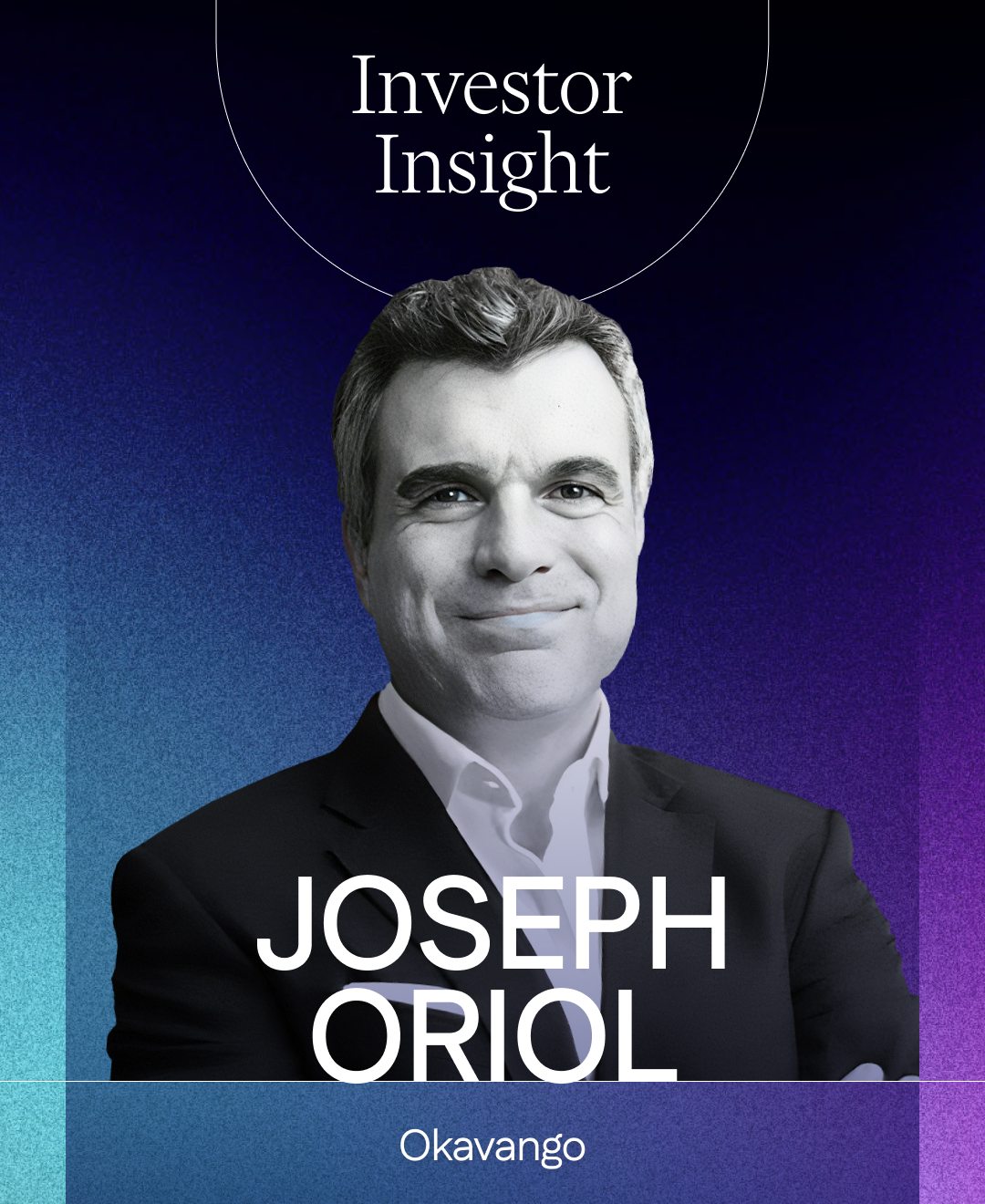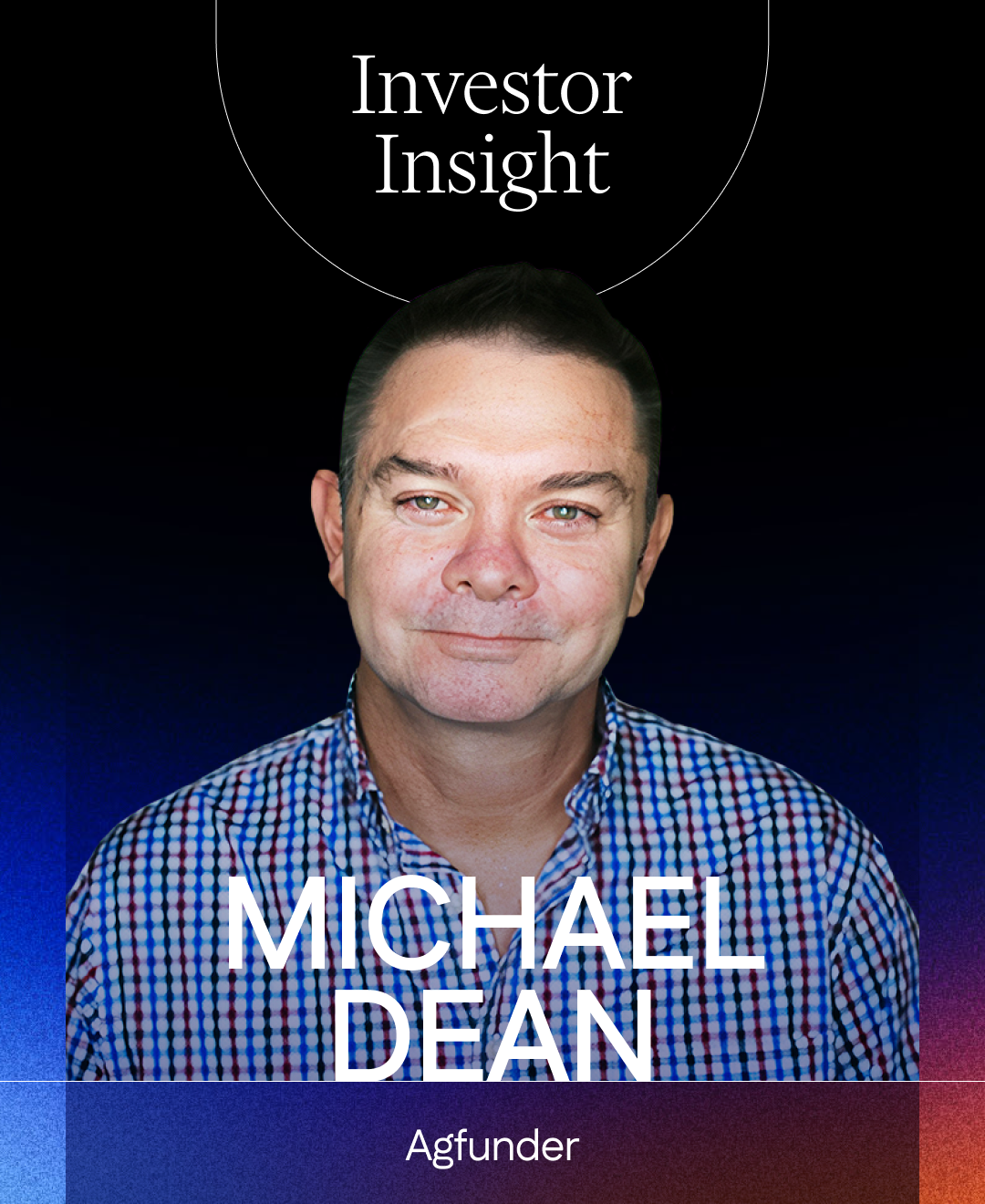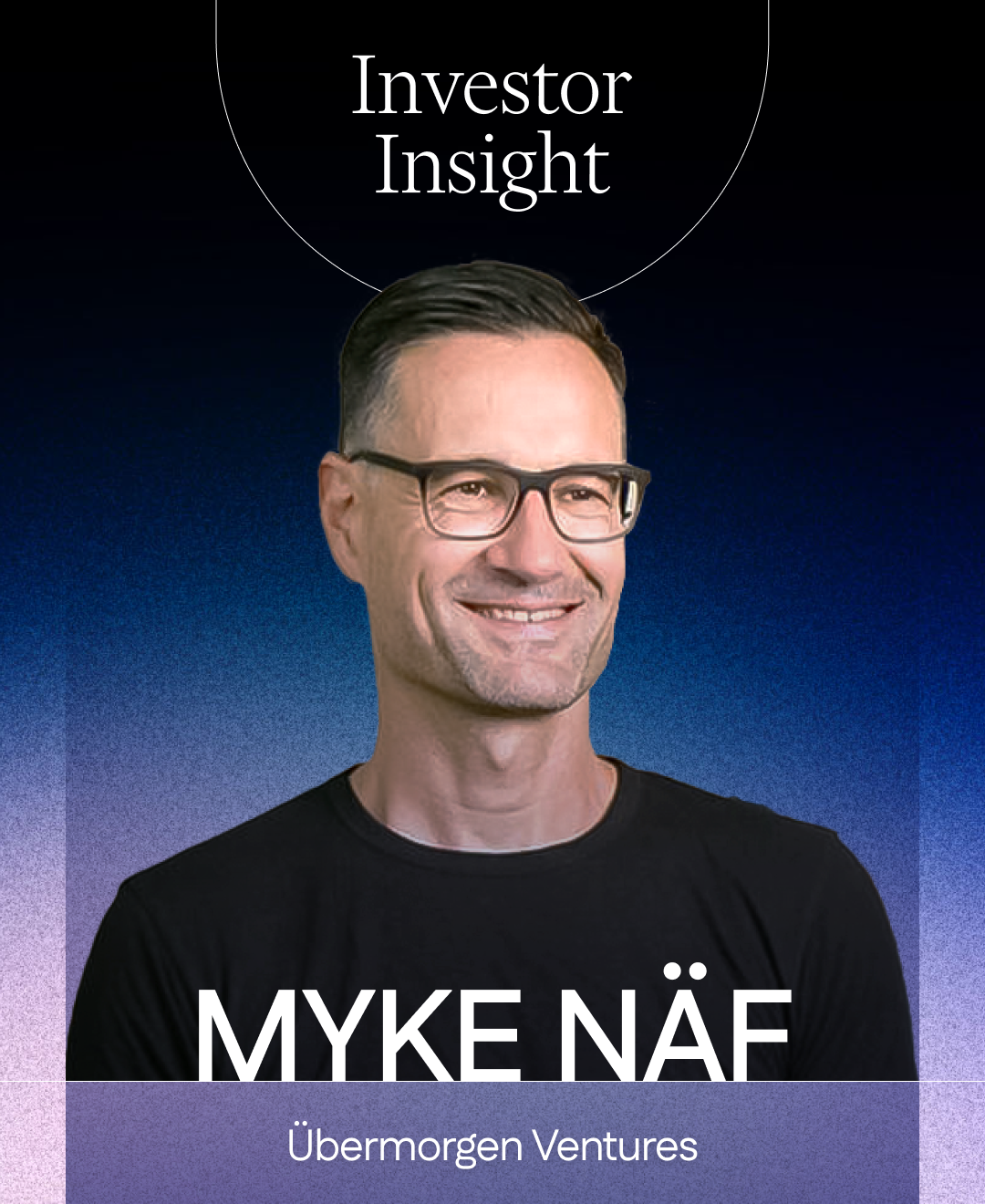.png)
About Kopa Ventures
- Stage: Pre-seed and seed stage
- Fund Size: $20M
- Industry Verticals: Energy, mobility, nature, and carbon tech (including biodiversity, water management, and carbon capture, storage, and utilization)
- Geographies: Europe, with a focus on Germany and the DACH region
- Notable Portfolio Companies: KOMMA5°, KLIM, Green Fusion, DATO Technologies
_______________________________________________________________________________________________________________________________________________
Introduction
Brighter Future recently had the pleasure of speaking with Benjamin Wochner, an investor at Kopa Ventures, a $20 million early-stage fund focused on impact startups in Europe.
With a strong presence in Munich, Berlin, and London, Kopa Ventures focuses on energy, mobility, and nature and carbon tech, sectors that Benjamin believes are critical for driving both environmental and economic transformation.
"We truly believe in this network and platform approach where we want to just connect the dots and leverage the value that we have within our circle of partners,” shares Wochner. “We also have a clear thesis that we want to invest in promising markets and in relevant problems that are tackled by strong teams.”
Benjamin shared valuable insights into Kopa’s investment strategy, the importance of regulatory independence, and what founders need to demonstrate to secure early-stage funding in today’s market.
Kopa’s Focus: Energy, Mobility, and Carbon Tech
Kopa Ventures focuses on three main verticals: energy, mobility, and nature and carbon tech, but across all verticals, they have an emphasis on finding impact-driven startups in promising markets.
“Our belief is that you can invest very successfully in founders that are impact driven and improving our economy, making it more sustainable,” shares Wochner. “While not compromising on financial returns.”

Outside of these three main verticals that they tend to focus on, there are other verticals and industries that are innovative and on their radar.
“We see interesting innovation in fields that are maybe less on the radar of VCs or have been less on the radar of VCs,” shares Wochner. “Like the maritime space, for example, or more logistics driven innovations where we think there's a lot of potential in terms of sustainability.”
He shares that they believe there is a lot of economic potential in these industries too, because they are very fiscally conservative industries with a high capex and slower moving players, with a growing appetite for innovation.
How Kopa Evaluates Startups
Outside of startups in their verticals, Kopa Ventures is looking for a few very specific things that give them a reason to believe in a business or founder.
“I just can’t stress enough that the team is the number one asset of the company and the number one external factor is the market,” says Wochner. “We look for a team that is strong and capable of coming up with a great solution, and facing a market that is willing to pay a high amount.”
He shares an example of Daato, which is one of their portfolio companies in the ESG reporting and management space. At first, Kopa’s team was skeptical of Daato’s potential because of the overcrowded nature of the industry, but their team managed to sway their opinion and make them see the potential in the solution they were offering.
“The founders managed to show us why their approach might be the most successful and win over the competition because they were able to outline the problem in the market very precisely,” shares Wochner.
He also shares that they had credibility because of their previous work, and knew how to use that credibility to establish themselves as an upcoming brand on the market.
“They also managed to build a brand using several different platforms and established themselves as a perceived player in the market,” says Wochner. “That eventually made them an interesting target for a strategic acquisition.”
The Key Investment Criteria of Kopa Ventures
At the core of Kopa Ventures' investment strategy, they are looking for founders and startups who are in promising markets with relevant problems. Wochner also mentions that the tech matters to their investment team, but in the pre-seed stage, it’s less important to them than the market and their confidence in the startup’s team.
“We'd rather focus on understanding the market properly and knowing how big the problem is that the founders want to address? How high is the willingness to pay? What are the market entry barriers? All of those topics,” shares Wochner. “But also, will the solution likely be adopted by the target customers?
In addition to their focus on promising markets, Wochner and his team are specifically looking for startups that are less reliant on regulatory changes in those markets.
“We do have an emphasis at the moment on what I mentioned before, this resilience in the business model, especially when it comes to regulatory changes,” says Wochner. “We do need to see that there is some independence from the regulatory framework, knowing that it's fair that you have some dependency.”
The Changing Investment Landscape
Much like other investors in the market, the desire to back startups with less dependence on regulatory changes is a product of the changing landscape of economics and geopolitics. Wochner shares that Kopa is accounting for this by looking at a longer approach for the companies they choose to invest in with their work.

“I think it (the changing landscape) just shows us once more that we should not invest in trends because they can change so fast. When we invest, we’re not having a time horizon of two years,” says Wochner. “From investment to exit, we have to consider six, eight, maybe even 10 years.”
This long-term strategy of working on problems that are less reliant on recent economic or sociopolitical trends is a reminder that startups should look to create a business whose success isn’t dictated by trends or policy, but has stability and potential across the changing markets.
Storytelling and Brand: Why It Matters — Even in B2B
Wochner emphasized that storytelling is critical even for technical and industrial solutions, and potentially even more important.
"You have to convince partners, customers, and employees you hire,” says Wochner. “Communicating and convincing others is very, very important.”
He also shares that in technical and industrial industries, making your pitch interesting, visually appealing, and different from others can be key to getting investors on board.
“Are you able to present your content in an appealing way,” says Wochner. “Because if it is appealing to the eye, it also makes it easier to digest in terms of content.”
This becomes more important in industries overflowing with engineering pitches that contain a lot of words, no visual intrigue, and complex communications. In these industries, learning to pitch well can make your brand stand out and show investors you know how to communicate your potential.
“Be very concise in the presentation. Know exactly what the problem is and make it understandable, relatable,” says Wochner. “I would say most investors do not invest if they don't have the feeling they understood what they're dealing with.”
If you know your stuff and can communicate the problem, solution, and your team’s ability to address the issue to the investor, then you can stand out in any crowded space.
Advice for Founders in a Tough Market
“I think market environments are changing incredibly fast,” says Wochner. “It’s getting to be more challenging but also providing a lot of opportunity.”
Wochner mentions that there are a few things founders can rely on, even with the changing landscape of the markets, including the fact that individuals and companies are driven by economic factors. What this means is that if you can show potential, investors will find a way to back your startup.
“A crisis is always an opportunity for efficiency,” says Wochner. “And if you provide the solution in a crisis, you can be among the winners.”
Within these changing markets, it’s important to keep a level head and keep focusing on the future. As mentioned earlier, building a business model that is less reliant on regulatory changes or geopolitical pressures can be key.
Wochner also shares that it's important to keep in mind what VCs want and how to work with them. Startups should be wary of who they choose for their partners, because it's a longer commitment to a working relationship.
How Startups Can Help Themselves from Failure
“Product market fit is the most common,” says Wochner. “You think you built something relevant, and then you're surprised that the customers do not want it.”
As mentioned earlier, Wochner shared that the market is the most important external factor for their brand, so ensure your product and solution have the potential to scale. The lack of a market for the product has consistently been the most common reason for failure across our conversations with investors in different industries.

In addition, Kopa’s second most important part of their investment strategy is the team, because they play a very important role in your ability to gain investment. Wochner shares that even if you are lacking in funding, you can still bring on talented team members who instill confidence in your investors and elevate your company.
“Experience usually comes with a high price, but with drive and talent, I think you can do a lot. So, learn to be able to convince a skilled employee to join an early-stage startup where you maybe cannot offer a high salary but where you can deliver a vision,” says Wochner. “You can always get people on board who want to have an impact.”
Final Thoughts
From all of us at Brighter Future, we extend our gratitude to Benjamin Wochner for his insights and time. We wish him and the Kopa Ventures team continued success in helping founders solve the world’s toughest challenges.
To learn more about Kopa Ventures, visit www.kopa.vc.
Let’s Start Building Your Story
Book a call or email us at mission@brighterfuture.studio to begin crafting your inside-out narrative.





